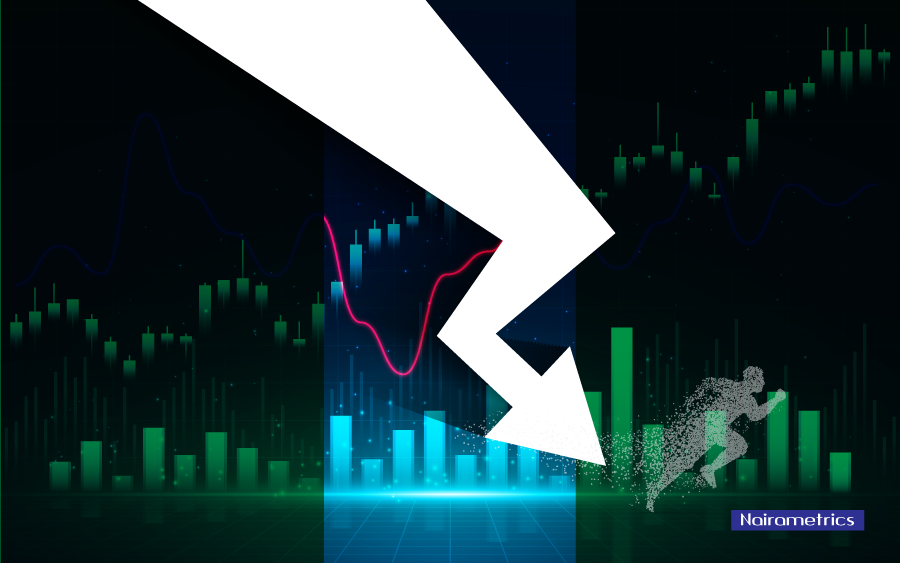The Nigerian stock market closed the first quarter of 2021 in red as the All-Share Index fell to a loss of 3.04% during the quarter.
YTD stocks are also down 3.04% despite a slew of impressive results and robust dividend payments, especially following a financial year marred by the Covid-19 Pandemic.
The month of March has been disastrous for stocks having posted losses during the month every year since 2018 making it joint highest with February and the worst months for stocks in the last 5 years.
Up until last week when it eked out a gain, Stocks had skidded on 7 weeks losing spree sending nearly all indexes in the red.
READ: Attractive yields expected to weigh on Nigerian & U.S stocks
Why March was bad?
Nigerian stocks suffered major losses in a tumultuous month due to several factors some of which include rising yields in government securities, reallocation of portfolios by investors, profit-taking, and the deteriorating situation in the economy.
Rising Yields: The higher the interest rate on government securities the lower the demand for stocks and vice n versa. Interest rates on bonds, treasury bills, and other risk-free securities rose during the quarter as the central bank grappled with widening negative real interest rates. With inflation surging past 17% in February, the real interest rates (after adjusting for inflation) on government securities fell to minus zero threatening the ability of the government to borrow in the future. Investors also believed this could be a challenge for the CBN’s ability to attract foreign investor dollars.
Portfolio Reallocation: Major Portfolio Managers such as Pension Fund Administrators and Mutual Funds also rebalanced their portfolios in the first quarter of the year in response to growing risks in the economy and the stock market. As of last week, the Pension fund Index was down 2.22% as pension funds cycled funds out of the stock market in anticipation of weaker earnings, higher interest rates, and a weakening economy.
READ: Jim Ovia is set to earn N9.58 billion in dividend for FY 2020
Profit Taking: Retail and Institutional Investors also embarked on profit-taking especially after stocks closed in 2020 as one of the best performing in the world. With valuations soaring in the latter half of 2020, investors seized the opportunity to sell down on their positions that have accumulated significant gains during the year. This also affected stocks.
Marked Downs: Another possible reason for a weak first quarter was the spate of dividends declared during the quarter and their qualification dates. A survey of dividends published showed that about 10 companies slated their marked down dates (when the dividend is approved for payment) in March 2021. This means the share prices of the stocks will be reduced by the value of dividends paid.
The rest of this content is for our Premium Newsletter Subscribers SSN. Subscribe here to receive this newsletter every week via your email.












solid Article.